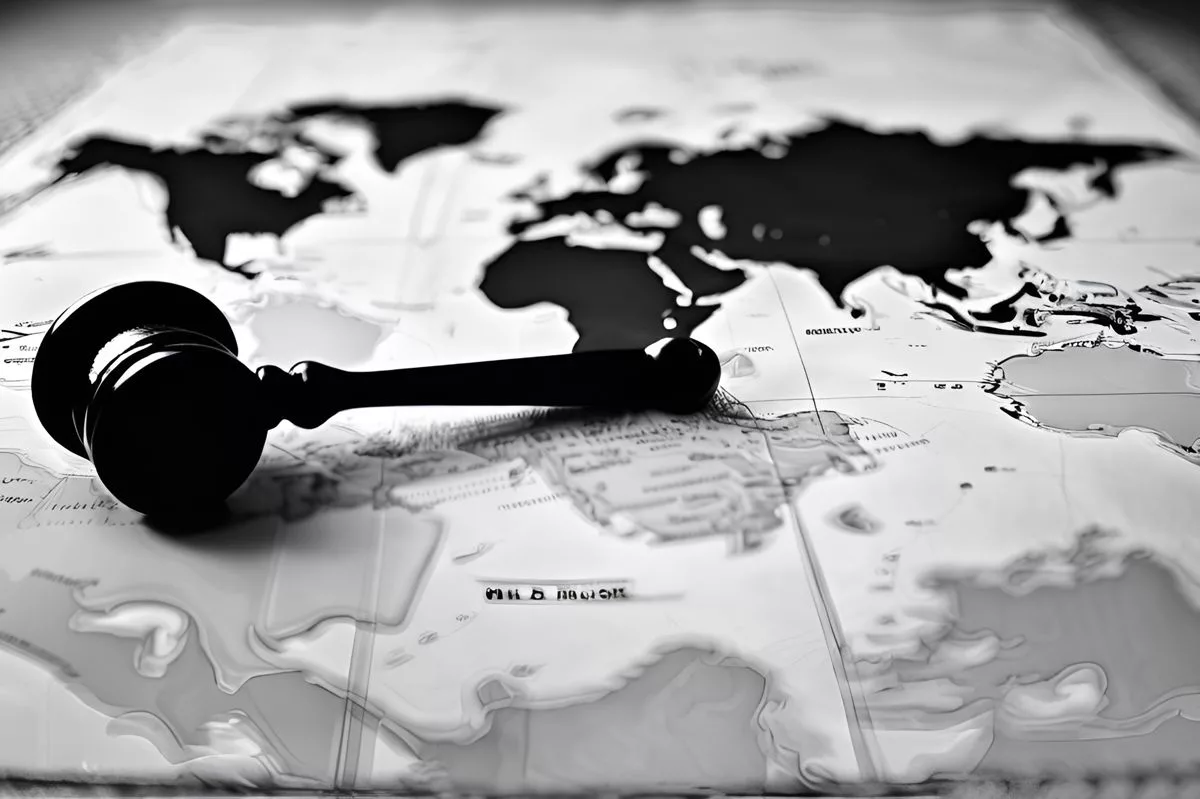On January 26, 2024, the International Court of Justice (ICJ) made a pivotal ruling in response to South Africa’s ‘Request for the indication of provisional measures’. The ruling involved alleged genocidal acts by Israel and marked a crucial advancement in international law’s quest to reconcile the dynamics of power and justice on a global scale.
A Stiff Mandate to Israel
The global community was startled by the stern directive issued by the presiding Judge, Joan Donoghue. Israel was instructed to take immediate steps to prevent and penalize any incitement to genocide and was given a strict one-month deadline to report on its compliance with the mandate. This command was a result of the court’s initial findings that appeared to support some of the charges made by South Africa against Israel under the Genocide Convention.
In its ruling, the court set a new standard in international justice by acknowledging the right of the Palestinians to be protected from genocidal acts. Israel was ordered to use all its resources to prevent genocide and protect the Palestinians from any harm. The responsibility of Israel was not confined to prevention alone but also extended to ensuring that its forces do not participate in this horrendous act. In addition, the preservation of evidence related to the alleged genocide was deemed crucial for any future legal proceedings.
Verbal Indictments and Troubling Consequences
The court’s decision was influenced by a string of disturbing public statements made by top Israeli officials, which were deemed as ‘dehumanizing language’. Especially notable were the unsettling comments made by Israeli Defense Minister Yoav Gallant, who advocated for a ‘complete blockade’ of Gaza and referred to Palestinians as ‘human animals’.
Furthermore, the court acknowledged the high casualty figures, massive property destruction, forced displacement of a majority of the population, and widespread damage to civilian infrastructure due to Israel’s military operations. Judge Donoghue dramatically described Gaza as a ‘land of death and despair’.
South Africa’s Gratitude and Empathy
Naledi Pandor, the South African Minister of International Relations and Cooperation, expressed her appreciation for the ICJ’s swift verdict outside the court premises. She underscored the vital role of international bodies in offering protection and laid emphasis on South Africa’s resolve not to be mere passive observers of the violence inflicted on Palestinians.
Pandor expressed her agreement with the ICJ’s demand for Hamas to release hostages and shared her desire for a ceasefire. She emphasized the need for Israel to reconsider its strategy for hostage recovery in light of these new developments.
She also advocated for the inclusion of the term ‘cessation’ in the order, suggesting an immediate end to the violence. Furthermore, Pandor acknowledged the damage wrought by Hamas and underscored the importance of releasing hostages.
Pandor’s compassionate words reached out to the people of Palestine, recognizing their prolonged suffering. She viewed the court’s ruling as a clear signal for everyone to respect the law, promoting the rights of the Palestinians.
A Milestone in International Justice
This profound ruling by the ICJ signifies a key advancement in international justice. It establishes a strong legal precedent, emphasizing the duty of influential nations to uphold international law and safeguard the rights of marginalized communities. As the world waits for Israel’s response, there is a collective sense of anticipation for a future in which justice triumphs over power.








